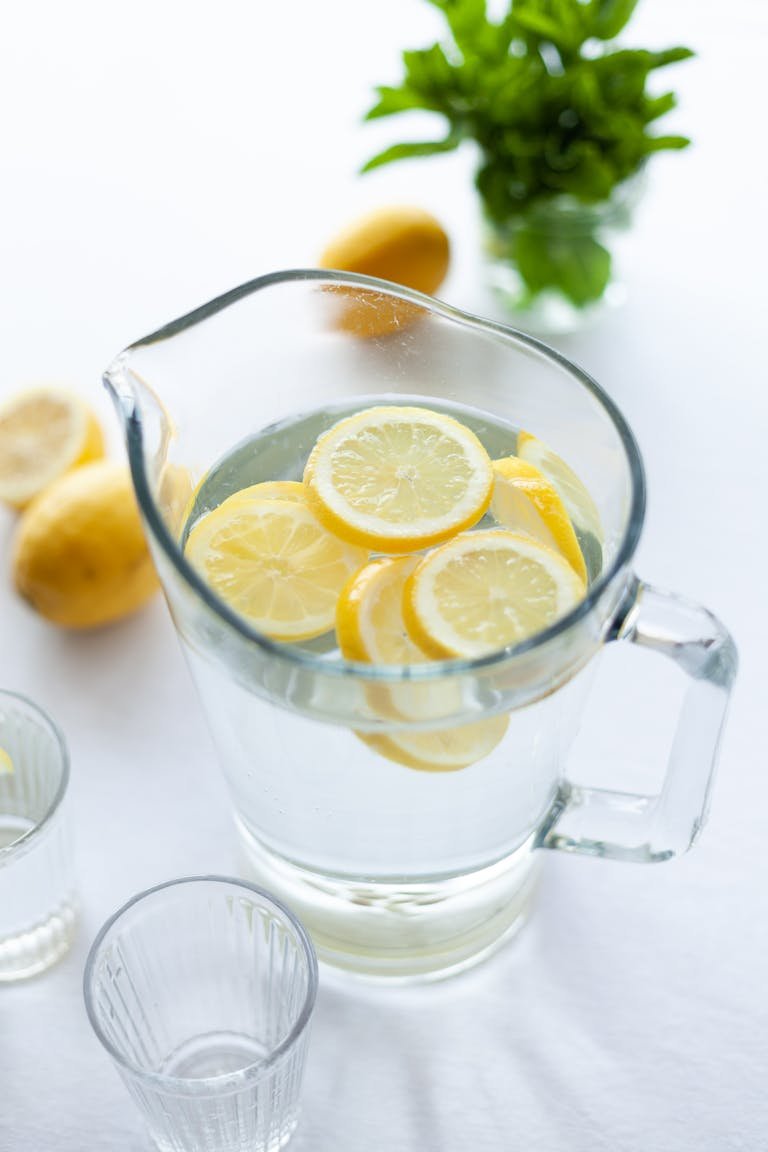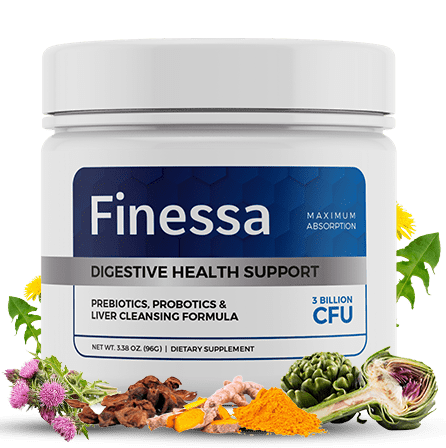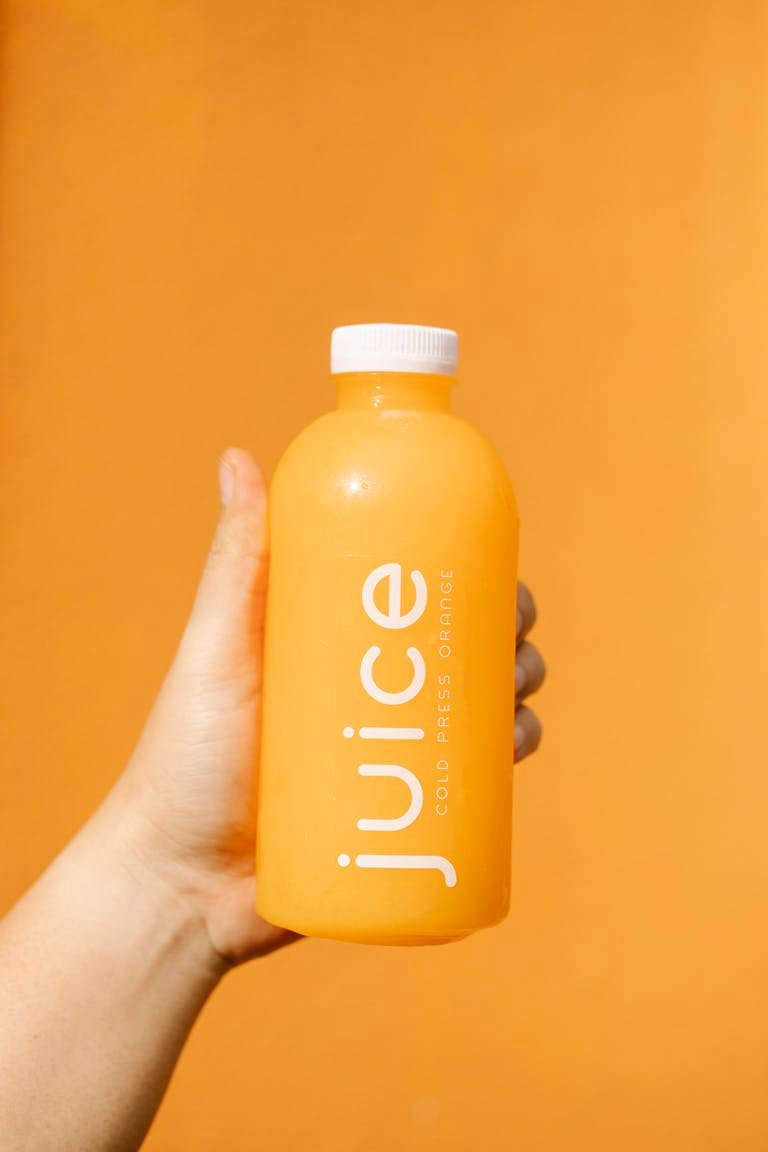Detox vs. Cleanse: What’s the Real Difference?
Detox vs. Cleanse: What’s the Real Difference?
People often use the words detox and cleanse interchangeably, but they aren’t exactly the same thing. While both focus on helping your body reset, each has a different purpose, method, and outcome. Understanding the distinction can help you choose the right approach for your health goals.
What Is a Cleanse?
A cleanse usually focuses on the digestive system, especially the gut. The goal is to give your body a break from heavy or processed foods while supporting better digestion and nutrient absorption.
- How it works: Cleanses often emphasize whole foods, juices, smoothies, or short-term meal plans.
- Focus: Digestive reset, hydration, fiber intake, and gut support.
- Common types: Juice cleanses, smoothie cleanses, raw food cleanses, intermittent fasting.
- Duration: Typically 1–7 days.
Action Step: If you feel bloated or sluggish, try a 3-day smoothie cleanse by replacing processed snacks with blended fruits, vegetables, and fiber-rich seeds.
What Is a Detox?
A detox targets the body’s natural detoxification systems, especially the liver, kidneys, and skin. The purpose is to reduce toxin buildup from processed foods, alcohol, stress, or environmental exposure.
- How it works: Detox plans may include specific foods, teas, supplements, or lifestyle practices that support your liver and kidneys.
- Focus: Toxin elimination, organ function, and reducing inflammatory triggers.
- Common types: Herbal detox teas, liver detox programs, elimination diets, digital detox (for mental health).
- Duration: Can range from a few days to several weeks depending on intensity.
Action Step: After a holiday or indulgent weekend, cut back on alcohol and sugar for two weeks while adding lemon water, leafy greens, and turmeric to support liver detox.
Key Differences at a Glance
| Aspect | Cleanse | Detox | Best Choice For |
|---|---|---|---|
| Focus | Digestion & gut reset | Liver, kidneys, toxin removal | Digestion vs. toxin support |
| Main Goal | Improve digestion, reduce bloating | Eliminate toxins, restore balance | Energy reset vs. deep organ support |
| Duration | Short-term (1–7 days) | Short to medium (days to weeks) | Beginners vs. more advanced reset |
| Common Tools | Juices, smoothies, fiber-rich meals | Herbal teas, supplements, elimination diets | Practical vs. deeper lifestyle change |
| Best For | Bloating, constipation, sluggish digestion | Overindulgence, toxin overload, inflammation | Choosing by symptoms & goals |
Cleansing & Detox Products
- Best Juicers & Blenders for Cleanses
- Herbal Detox Teas that support liver and kidney health
- Probiotic Supplements for Gut Health
Choosing the Right Reset
The difference between detox and cleanse comes down to focus. A cleanse is about giving your digestive system a rest, while a detox is about supporting your body’s natural toxin removal systems.
If you’re feeling bloated or sluggish, a cleanse may be the best fit. If you’ve been overindulging or want to support liver and kidney health, a detox could be the right choice.
👉 Want to start today? Download our Free Beginner’s Guide to Cleansing Safely and learn how to reset your body step by step.
Engage With Us: Have you ever tried a detox or a cleanse? Which one worked better for you? Share your experience in the comments below.
FAQs About Detox vs. Cleanse
Do I need to do both?
Not necessarily. A cleanse is great for short-term digestive support, while a detox is more holistic. Many people combine aspects of both for balance.
Are they safe?
When done gently and with whole foods, yes. Extreme detoxes and cleanses (like starvation diets or juice-only fasts) are not recommended. Always check with your doctor if you have underlying health conditions.
Which one is better for weight loss?
Neither should be used as a quick fix for weight loss. However, both can help reduce inflammation, support metabolism, and reset cravings — making long-term weight management easier.
How often should you do a detox or cleanse?
Most people benefit from focusing on daily cleansing habits (hydration, fiber, whole foods) and may add a structured cleanse or detox once or twice a year as a reset.






